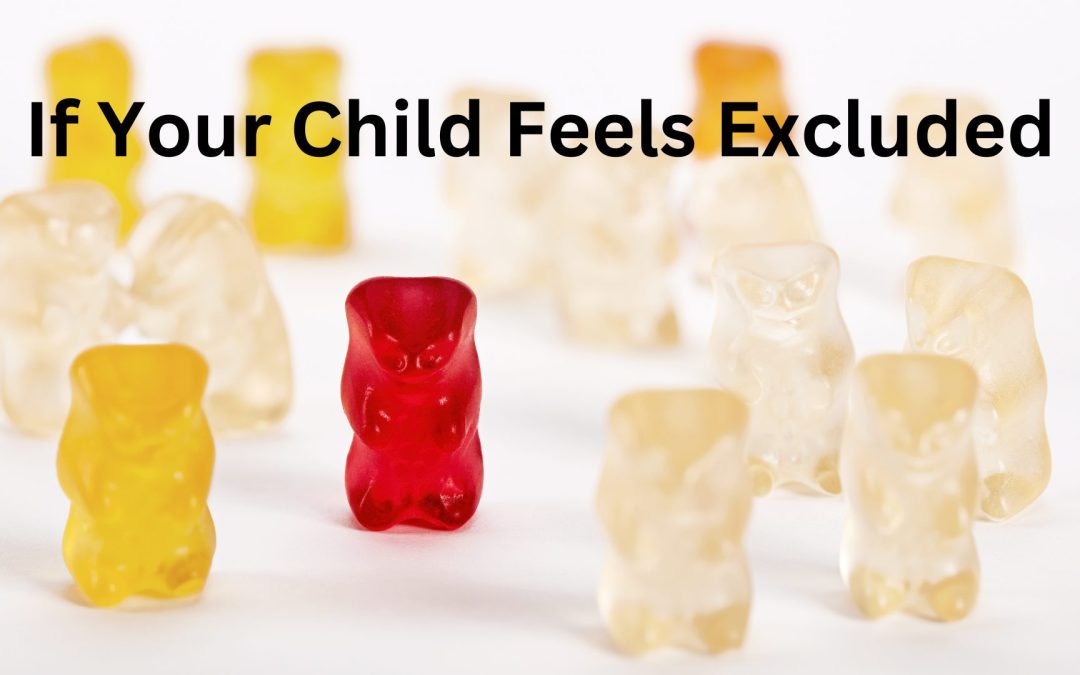It can happen to any child, anywhere: they may be feeling excluded, whether it be at school, with friends, family, or even in their extracurricular activities. Although it may feel as if your kid is feeling excluded but are able to participate, or it may be a case where you need to gently step in, wherever that may be, and ask for support for your child.
If It Is Unfounded
Sometimes, it may feel as if your child is being excluded, but in reality, it is not the case. But still, you will want to ask questions to clarify and figure out whether that may be the case. Your kid may be a little shy, and have a harder time asking friends for help, advice, or even to participate in whatever they have planned. In these cases, your kid may need a gentle reminder that they need to speak up and make sure they get their feelings heard. Many people can feel excluded and may not realize they can easily remedy it!
Being Left Out
When asking your clarifying questions you do find out your child is being excluded, whether intentional or not, you may need to ask around and ensure it doesn’t happen again. If it is happening with their friends, this can easily be fixed by talking with their parents, or with the kids themselves. Chances are, they aren’t aware of these actions and will want to make amends moving forward. If your kid is feeling excluded at home, ask what you can do as a parent to help them feel like they have a voice. If it’s their siblings that are the cause, have a family meeting to be able to discuss these things properly, and give everyone a chance to talk it all out. Siblings can have a hard time interacting with each other and not make it a competition, or to get into a mood, so it can be understandable if your child is feeling left out with their brothers or sisters.
Excluded at School
If it turns out they are feeling excluded at school, seek out in what areas or classes they feel this way, and speak directly with the principal on what they can do to help put it to an end. Again, some kids can be more reserved, and teachers may not want to call on kids who don’t raise their hands. You can work with the principal, coaches, or teachers to help your child feel more involved in their education or sports and help them feel more comfortable to speak up for themselves in the future, too!
Katie Kyzivat

